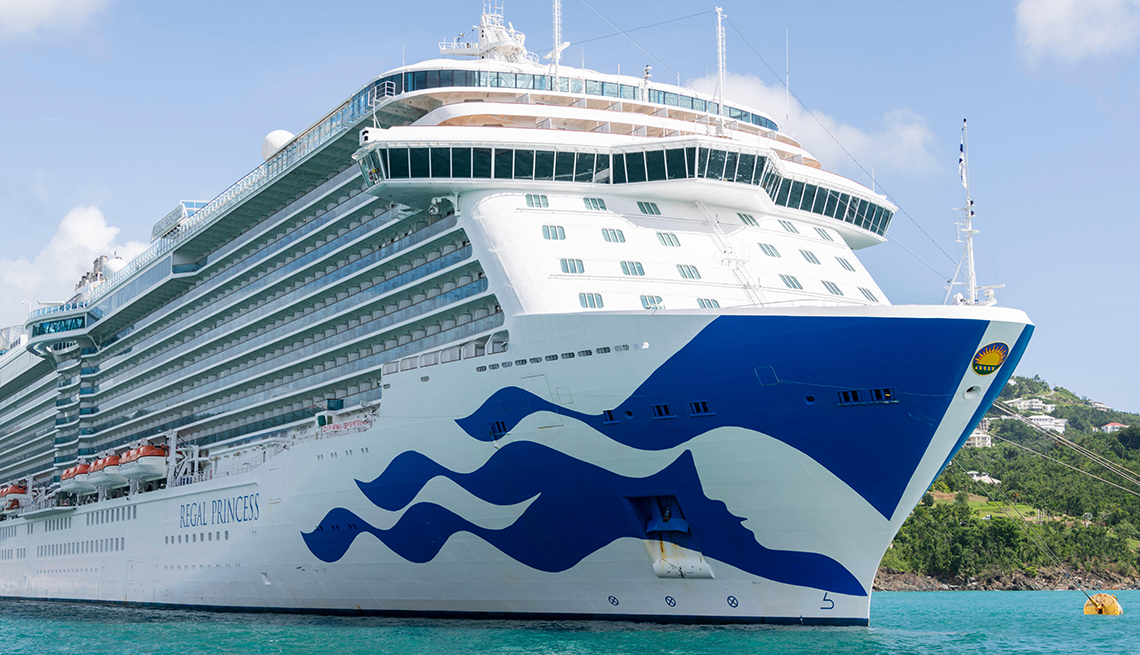
10 tips for first-time cruisers
- Select a language for the TTS:
- UK English Female
- UK English Male
- US English Female
- US English Male
- Australian Female
- Australian Male
- Language selected: (auto detect) - EN
Play all audios:

So you’ve booked your first cruise — now what? Our experts offer a few “do's and don’ts” to help you get the most from your trip. 1. PREBOOK ACTIVITIES BEFORE YOU LEAVE HOME If you’re
determined to enjoy a particular shore excursion, spa service, class or specialty restaurant, book them in advance. “Reservations onboard book quickly — especially during high-traffic times
like spring and summer breaks and the holiday season,” says Colleen McDaniel, senior executive editor of CruiseCritic.com. An added benefit: You can budget more accurately if you book early,
as opposed to making spur-of-the-moment purchases onboard. Note that excursions can be expensive, says Deb Pfeifer, author of _Cruising With Confidence: How to Be a First Time Cruiser
Without Looking Like One_, so make sure to check the price before reserving. “You can spend $29 for a tour of the city or $599 for a bear-watching trip,” she says. Prebooking excursions like
zip-lining can save you time and money. Royal Caribbean 2. PLAN TO ARRIVE AT YOUR DEPARTURE CITY A DAY OR MORE BEFORE THE CRUISE Your ship may leave in late afternoon, but a delayed flight
or heavy traffic is not a fun way to start your vacation. If you are late, the ship will leave without you. 3. PACK A CARRY-ON BAG Typically, you’ll board the ship well before your luggage
reaches your cabin, so pack any necessities — medication, important documents, phone chargers — in a carry-on bag. If you’ve got room, include items like bathing suits and sunscreen so you
can immediately jump in the pool or soak in the sun without having to wait for your other bags. Getty Stock Photo 4. SWITCH YOUR CELLPHONE TO AIRPLANE MODE International roaming rates can
cost hundreds of dollars, even if you don’t make a call, so switch to airplane mode or contact your cell carrier about travel-worthy phone plans. “Many a passenger has come home to an
outrageous cellphone bill because they didn't understand how it worked on a cruise ship,” Pfeifer says. 5. DON’T ASSUME THE CRUISE IS ALL-INCLUSIVE. Cruise fares typically cover the
cabin, meals, onboard activities and entertainment. Expect to pay extra for drink packages, gratuities, internet, shore excursions, taxes and port charges. “All combined, that could add up
to hundreds of dollars more than your base fare,” McDaniel says. “For cruisers who aren’t familiar with added fees, there’s often a bit of sticker shock when it’s time to settle the bill.”
Her advice: Contact the cruise line before you set sail to better understand what’s included in your fare — and what’s not.
